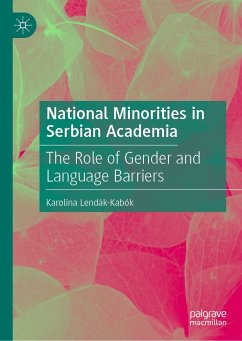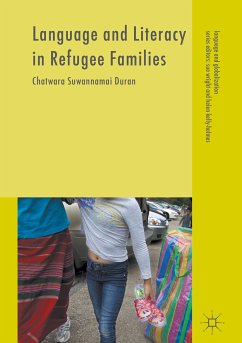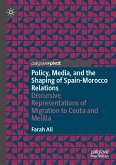-Kathy Davis, VU University, Amsterdam, The Netherlands
"Lendák-Kabók's fascinating study of the multi-ethnic northern Serbian province of Vojvodina provides all-new insights into ethnic language schooling systems, national minorities in the Serbian higher education system, and unique gender challenges faced by Hungarian, Slovak, and Romanian women academics. By situating her in-depth research in the larger context of Central and Eastern Europe and the European Union, Lendák-Kabók challenges some of our prior notions of the "language barriers" faced by national linguistic minorities in pursuing higher education and academic careers."
-Wayne E. Wright, Purdue University, USA
This book offers an intersectional analysis of secondary and tertiary educational pathways of ethnic Hungarians, Romanians and Slovaks in the Autonomous Province of Vojvodina, Serbia. After a detailed overview of the legal and institutional context of national minority education in Serbia, the book presents qualitative and quantitative research results to illuminate the often invisible linguistic and cultural barriers that national minority high school graduates, university students and faculty may encounter. The author also focuses on the position of national minority women in Serbian higher education and academia, shedding light on the very gendered nature of the 'glass ceiling' that often holds members of national minority communities back from career building.This book will be of interest to policymakers seeking nuanced interpretations of multifocal inequalities, as well as academics in fields such as gender studies, migration studies, minority languages and communities, and the sociology of education.
Karolina Lendák-Kabók is an Assistant Professor at the Faculty of Philosophy, University of Novi Sad, Serbia. Her research focuses on the position of ethnic minority women in post-transition Eastern European societies, their career possibilities, and the potential societal barriers they struggle with, in particular in the academic setting.
Dieser Download kann aus rechtlichen Gründen nur mit Rechnungsadresse in A, B, BG, CY, CZ, D, DK, EW, E, FIN, F, GR, HR, H, IRL, I, LT, L, LR, M, NL, PL, P, R, S, SLO, SK ausgeliefert werden.









